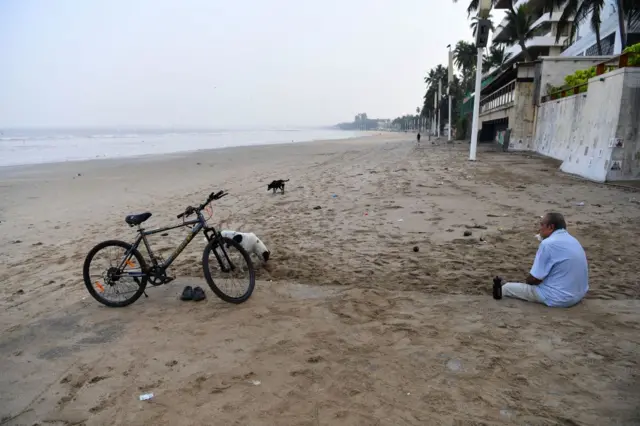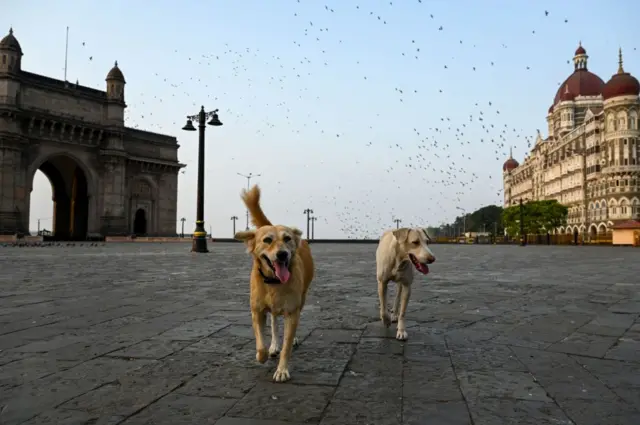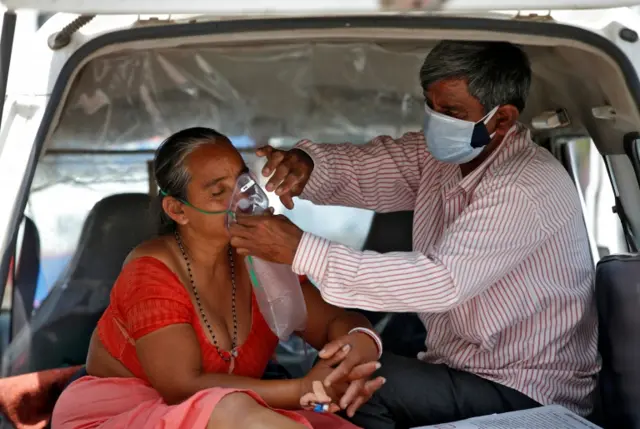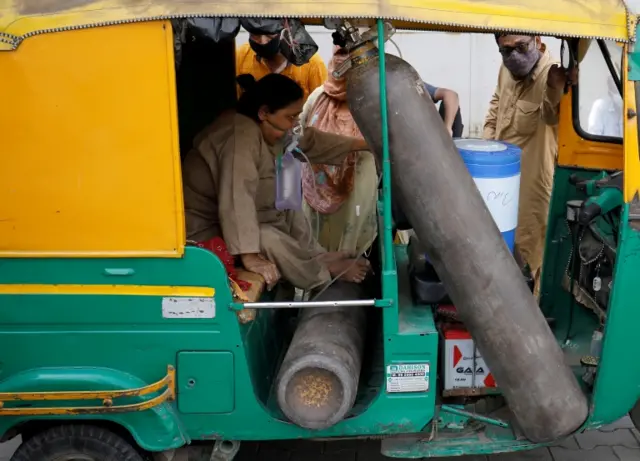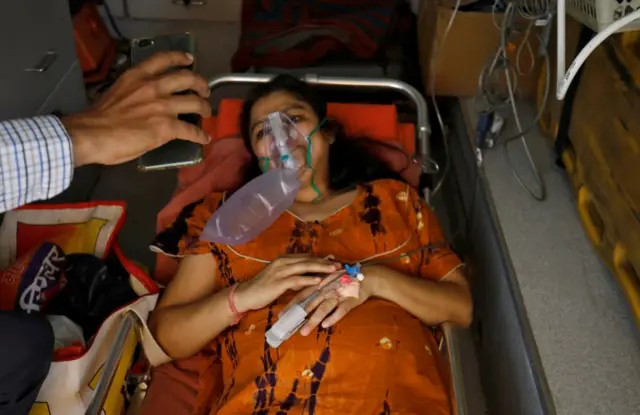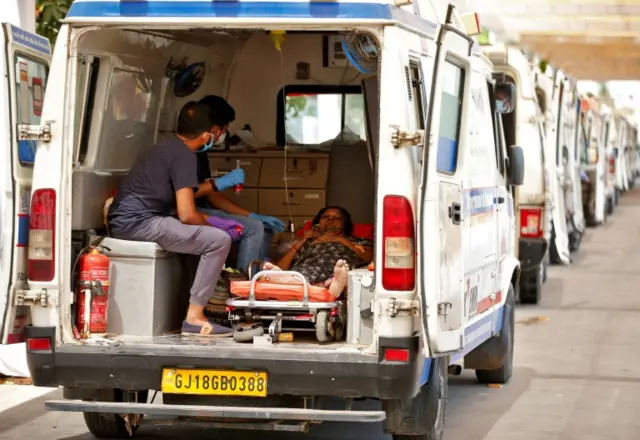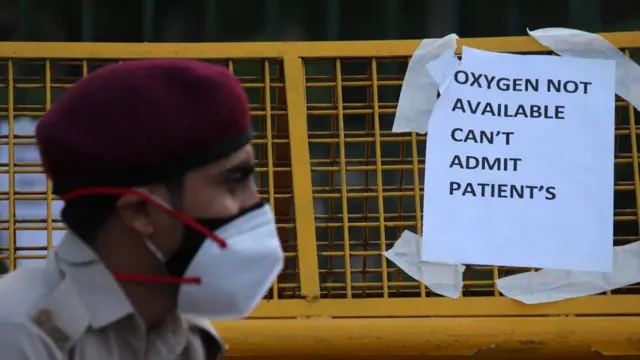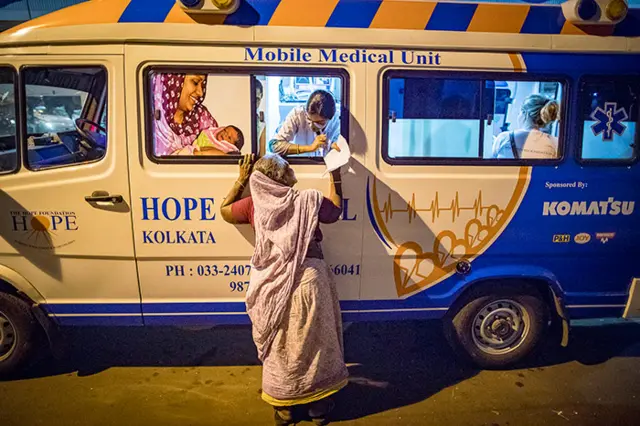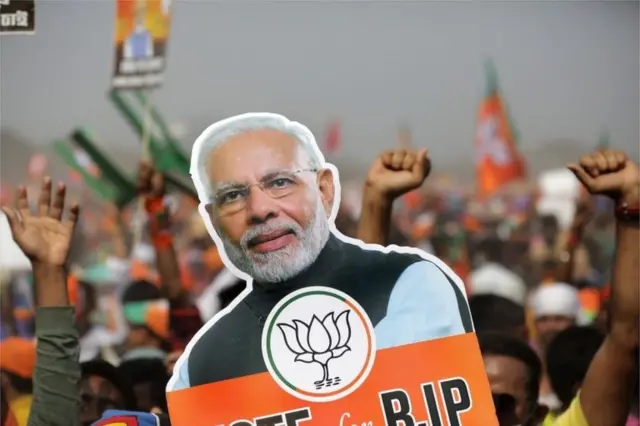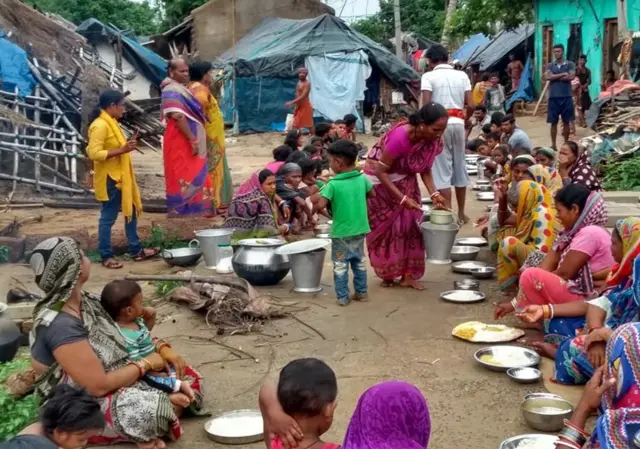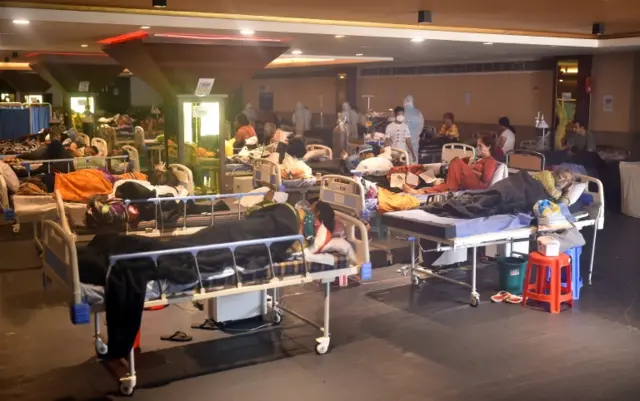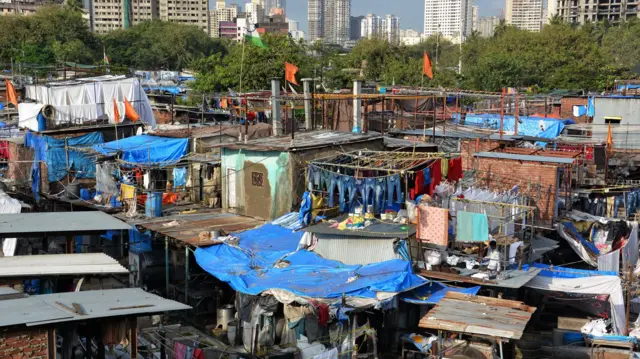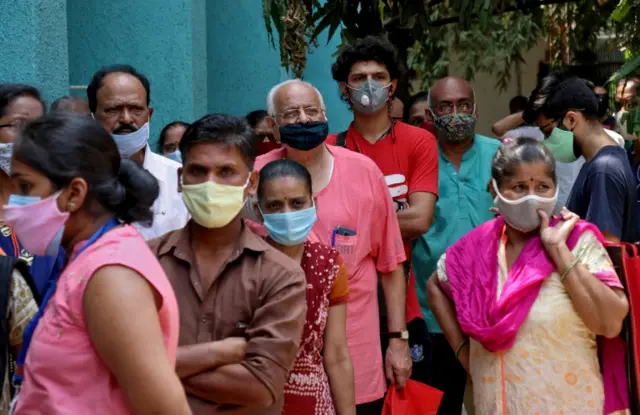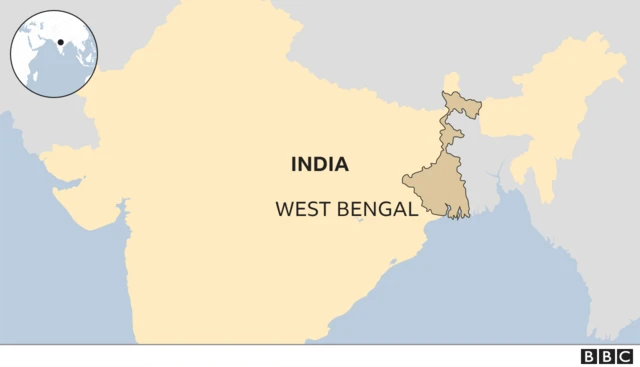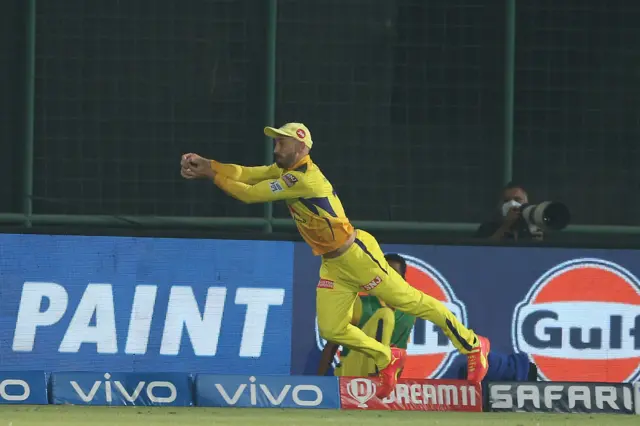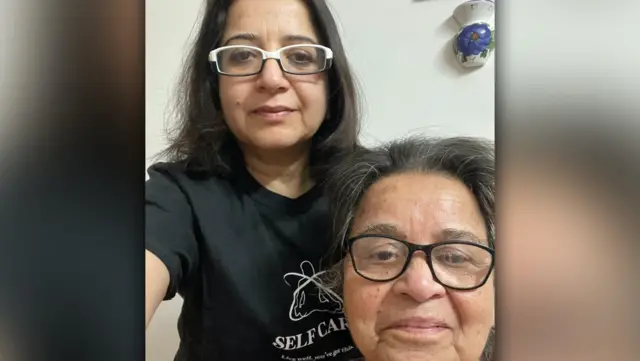Thank you for joining uspublished at 17:59 BST 28 April 2021
We're winding up our live coverage of Covid in India, which formed part of a special BBC day of focus on the country's devastating pandemic.
Here is a round-up of today's main developments:
- India has now recorded more than 200,000 deaths - the fourth-highest death toll in the world behind the US, Brazil and Mexico - and also registered its highest single-day death toll
- However, there is mounting evidence that deaths are being markedly under-reported
- People have died waiting for beds, as oxygen supplies run low and hospitals crumble under the strain
- Much of India opened up vaccine registrations for adults over 18 today - though officials have warned of shortages and are not sure where the extra shots will come from. In Maharashtra, the state's health minister said it would not proceed with the plan due to lack of supply
- Russia will shortly join several other nations in delivering emergency aid to India - as well as doses of the Sputnik V vaccine
The live page was brought to you by:
Soutik Biswas, Vikas Pandey, Geeta Pandey, Ayeshea Perera, Rebecca Seales, Martha Buckley, Aparna Alluri, Suranjana Tewari, George Wright, Ashitha Nagesh, Georgina Rannard, Lauren Turner, Hamish Mackay, Mary O'Connor, Tessa Wong, Frances Mao, Andreas Ilmer, Yvette Tan, Callum Matthews, Ritu Prasad, Jasmine Taylor-Coleman and Emily Wolstencroft. We are grateful to our team of BBC languages reporters in India, Asia-based correspondents, visual journalism team, BBC Reality Check, and contributors in the US and UK.
